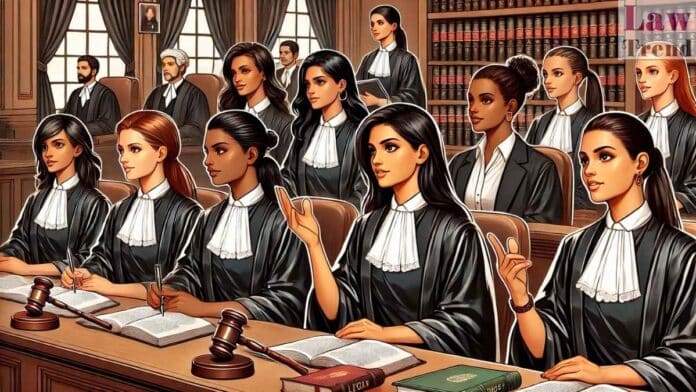The Supreme Court on Friday sought responses from the Bar Council of India (BCI) and the Central government on a plea seeking the application of the Protection of Women from Sexual Harassment at Workplace Act, 2013 (PoSH Act) to practicing lawyers.
The petition, filed by advocate Seema Joshi, challenges the Bombay High Court’s recent refusal to direct the constitution of permanent Internal Complaints Committees (ICCs) under the PoSH Act within Bar Councils. The High Court had held that the Act applies only where there is an employer–employee relationship, and that Bar Councils are not employers of advocates.
A Bench of Justices B.V. Nagarathna and R. Mahadevan, however, questioned the maintainability of the petition as a public interest litigation under Article 32 against a High Court order. “You are asking for a stay and setting aside of the Bombay High Court order. If you want to achieve something, follow the process. It cannot be an Article 32 plea,” Justice Nagarathna observed. The petitioner’s counsel clarified that the prayer for stay was not being pressed, after which the Court issued notice to the BCI and the Centre. The Bar Council of Maharashtra and Goa, a party before the High Court, was dropped from the list of respondents.
In her petition, Joshi argued there was no justification to exclude the legal profession from the PoSH framework, pointing to the Supreme Court’s earlier decision in Medha Kotwal Lele v. Union of India, where the BCI was directed to ensure the implementation of the Vishaka guidelines across all Bar bodies. The plea contends that the Bombay High Court’s ruling is per incuriam for ignoring binding precedent and undermines constitutional guarantees and statutory protections for women advocates.
The petition urges the Supreme Court to declare that the PoSH Act applies to women advocates enrolled with State Bar Councils, to set aside the High Court ruling insofar as it limits the Act’s applicability to employees, and to direct all Bar Councils and Bar Associations to constitute Internal Committees. It also calls for guidelines, in continuation of Vishaka and Medha Kotwal Lele, to strengthen gender-just redressal mechanisms within the legal profession.
Advocates Ritika Vohra, Amber Tickoo, and Naman Joshi appeared for the petitioner.




